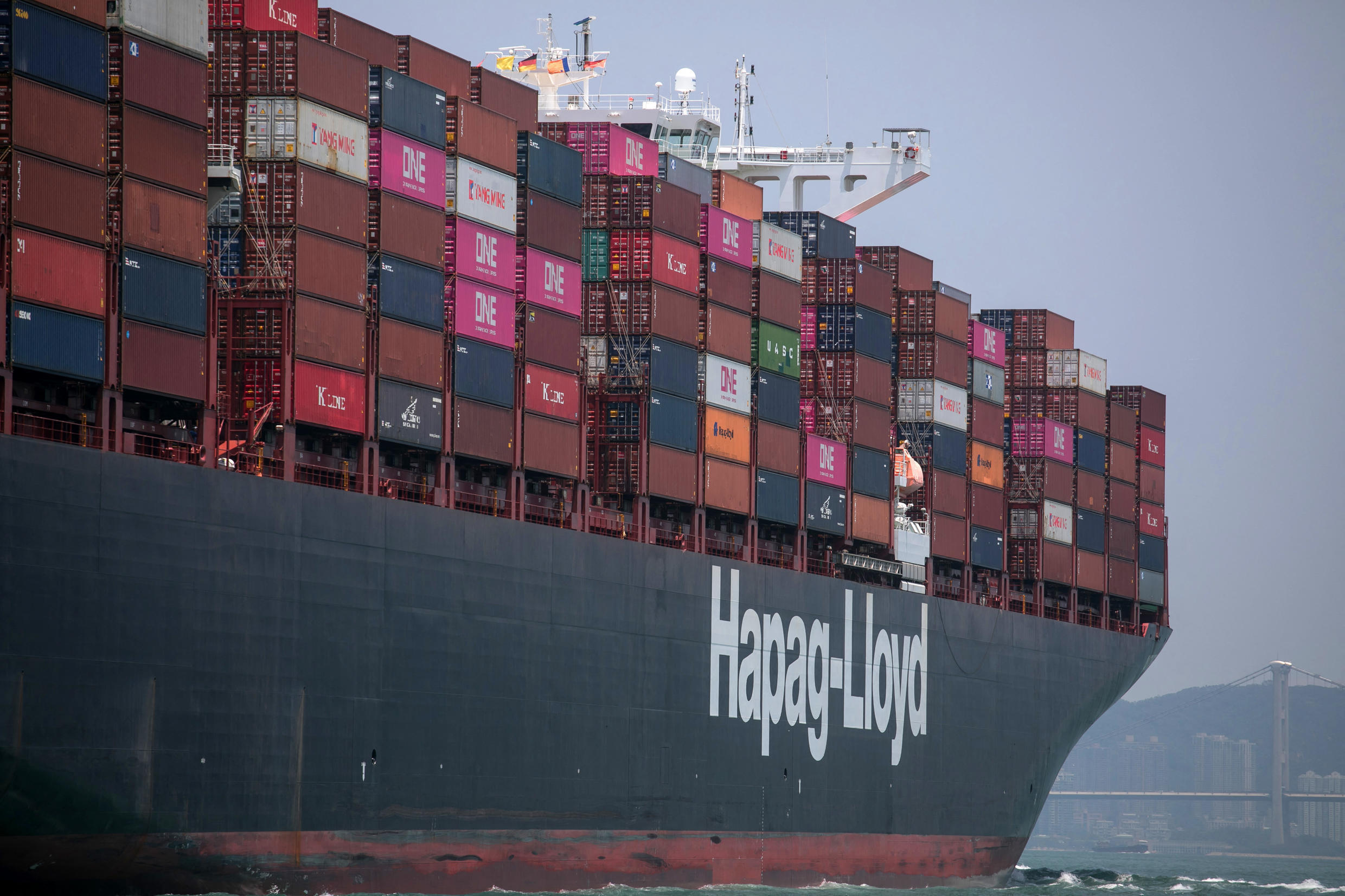Posted by:
Do you speak sailor English? 40% of maritime accidents could be avoided if sailors spoke English. Mandatory in officer schools, the English language is sometimes difficult to understand when spoken and not written! With nearly 100 different nationalities on board, any effort to improve communications becomes a matter of public safety. Hence the birth of Prag-Mareng: new English courses launched by a small French company backed by the European Union.
That day in Romania, due to bad weather, but their radio played. Two ships (including one loaded with oil) entered the harbor at the same time… very quickly! But because of the need to act quickly, the two pilots abandoned English to speak to each other in Romanian. An accident has occurred.
82 different nationalities in the seas
Marked by disaster, LAM’s president Stéphane Salvetat (Traditional international transport) has developed these maritime English courses. One of the biggest differences in learning in school is…pronunciation! Because precisely, as Stéphane Salvetaud explains, in his courses, emphasis is placed on accents: “From Chinese to Hungarians, Romanians to Slovenians, Senegalese to Filipinos, 82 different nations sail the planet’s seas today. Two-thirds are sailors whose native language is not English. Because groups talk to each other, talking is necessary. A Romanian sailor’s accent is different from a French or Chinese sailor’s spoken English. Thanks to our free lessons, this “Mareng” exercise will prevent comprehension at sea”.
Prac-Mareng, this new maritime English course is available in five languages. Useful for professional ship owners, sailors, business and general students alike, especially the modules that differ by vessel type: cruise ships, bulk carriers, container ships…
A popular program in Africa
Enough to help officials from all continents, including Africa. Dr. Mohamed Brioik directs the National School of Officers ISEM in Morocco: “Having a good level of English is guaranteed safety on board and on the roads! I welcome this new Prague-Mareng initiative on the Internet. With us at ISEM in Casablanca, we have maritime French and English courses. But I also recognize the enormous efforts made by the IMO (International Maritime Organization) in recent years to mandate basic navigation certification. If they do not pass this test, our officers, like officers all over the world, cannot travel.

Boaters: To dive or not to think?
Cyril Mousset spends as much time on a boat as any sailor in the world. A yachtsman, she lives on a sailboat year-round. She knows English! A career in tourism with experience as a translator of technical books on navigation. Anecdotes about the importance of knowing English even for a simple boatman, she tells in heaps:
“The distress formula in English when a boat is sinking is: SOS I’m sinking! One day, a man received this call on the radio and thought he was hearing an SOS! That means thinking! He asked her, “What are you thinking?” So a huge waste of time trying to understand each other! I’m currently in Greece and in port, I’ve met French people who don’t speak English, and that’s a problem! Even among boaters, you should at least radio the length of your boat, its direction and its course. One night, in the middle of the dark night, the police stopped me between Malta and Sicily. I had to provide information about my journey, my crew, my motivations, and know how to respond, and a few words were enough. »
The last precision to be completed is the courses Prague Mareng Free and supported by the European Erasmus+ education program.

“Beeraholic. Friend of animals everywhere. Evil web scholar. Zombie maven.”






![Do you speak maritime English? [Rediffusion] Do you speak maritime English? [Rediffusion]](https://s.rfi.fr/media/display/a7582912-0df8-11ea-b7fb-005056a9aa4d/w:1280/p:16x9/4_marins_0.jpg)
More Stories
What are the 5 most spoken languages in the world?
Master the Art of Applying Acrylic Nails at Home: A Complete Guide
Tortoises as Family Pets: Teaching Responsibility and Care